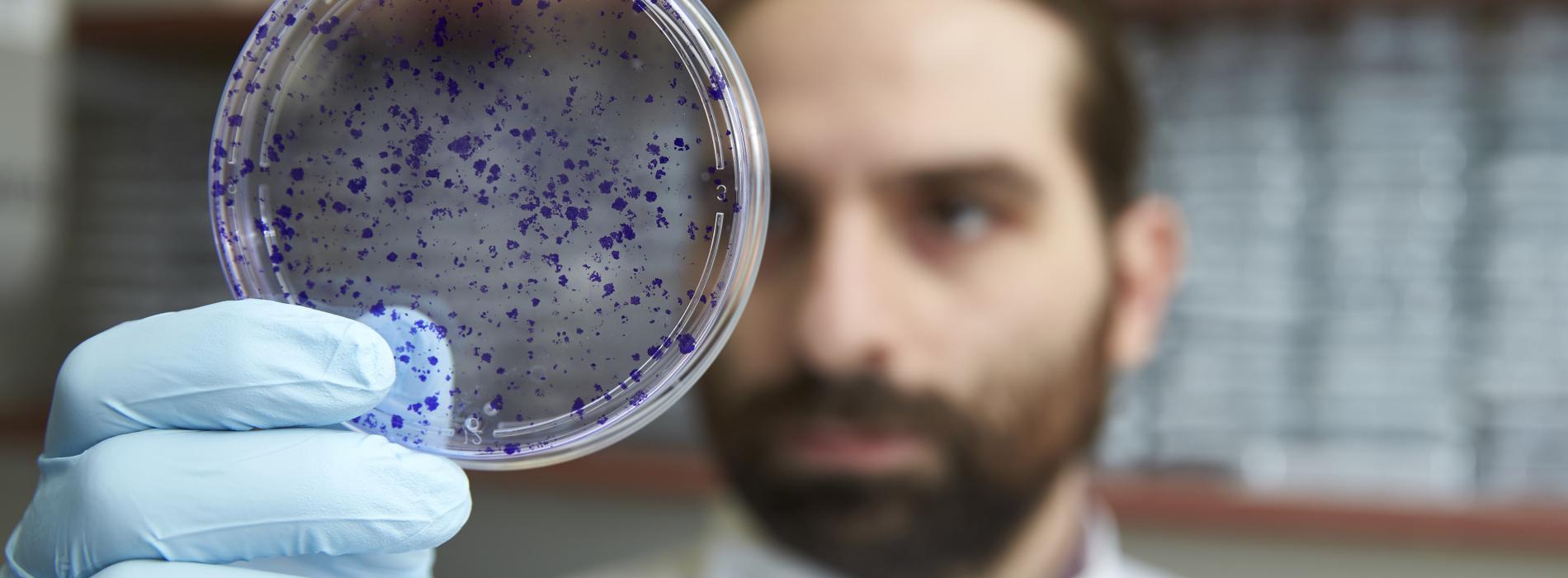What we have funded
Thanks to your generous support, we have been able to provide research, facilities and equipment above and beyond that which is provided as standard by the NHS.
Fisher House
Fisher House is a ‘home away from home’ for military patients and their families at the Queen Elizabeth Hospital Birmingham.
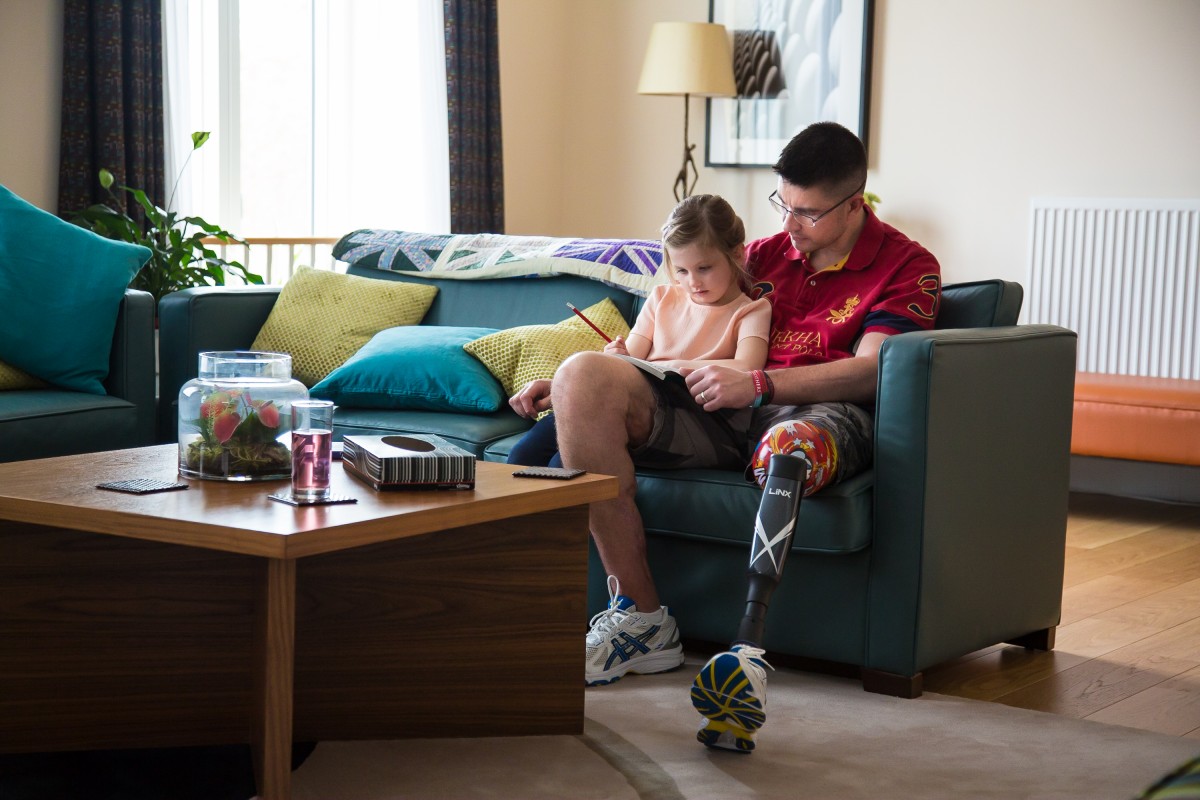
This means that when military patients are being treated at the Queen Elizabeth Hospital Birmingham, which is home to the Royal Centre for Defence Medicine, their families can stay at Fisher House, built on the site of QEHB.
Due to the world class care carried out at QEHB, and the lessons learnt from the battlefield, servicemen and women often survive injuries today that they would have died from just a few years ago. But injuries sustained can be life-changing, and for their families, the knock at the door is something they dread.
When we speak to the families of injured servicemen and women, they tell us that, upon hearing their loved one is injured, they travel to Birmingham immediately without any thought given to where they will stay. Fisher House is here for them: a “home away from home” within walking distance of the hospital, providing a safe space for families to adjust and recover during this difficult time.
CyberKnife
CyberKnife is a £3.5 million state-of-the-art radiotherapy machine, providing a pioneering, non-invasive alternative to open surgery that is able to treat tumours anywhere in the body. It enables very high doses of radiation to be targeted directly at the tumour with pinpoint accuracy, without damaging the healthy tissue.
CyberKnife joined the QEHB Cancer Centre’s cancer-fighting toolkit in 2013, and was entirely funded by generous donations to UHB Charity.
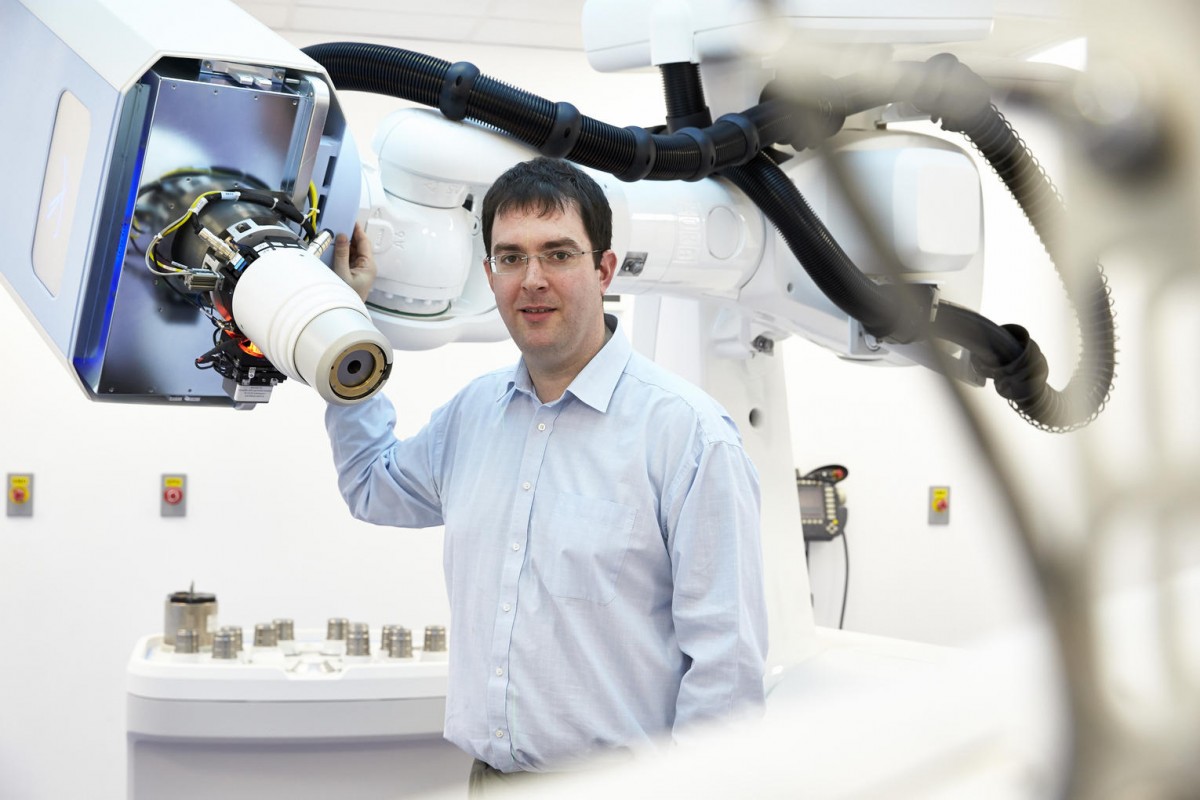
CyberKnife treated over 500 patients within the first three years following installation. For many, this has meant that tumours which were previously considered inoperable have now been successfully treated. Thanks to your support in bringing CyberKnife to the QE, people have been given a second chance at life.
YPU
UHB Charity has funded for specialist teachers for the Teenage Cancer Trust Young Person’s Unit at QEHB.
The hospital charity provides funding to The James Brindley School, a specialist school for young people with cancer. The funding provides two teachers up on TCT YPU to sit with young adults and help them with their studies five days a week; the teachers can also help with UCAS applications, interview skills and apprenticeship advice. This service is one to one education for young people with cancer whilst receiving their radiotherapy and chemotherapy on the unit.
Balancing an education as well as having cancer can be an extremely stressful experience; the charity’s aim is to help young adults keep on track with their studies and have a normal routine whilst receiving treatment. For students, the private lessons that James Brindley teachers provide are vital in ensuring their hopes and aspirations continue to develop and are not held back by cancer.
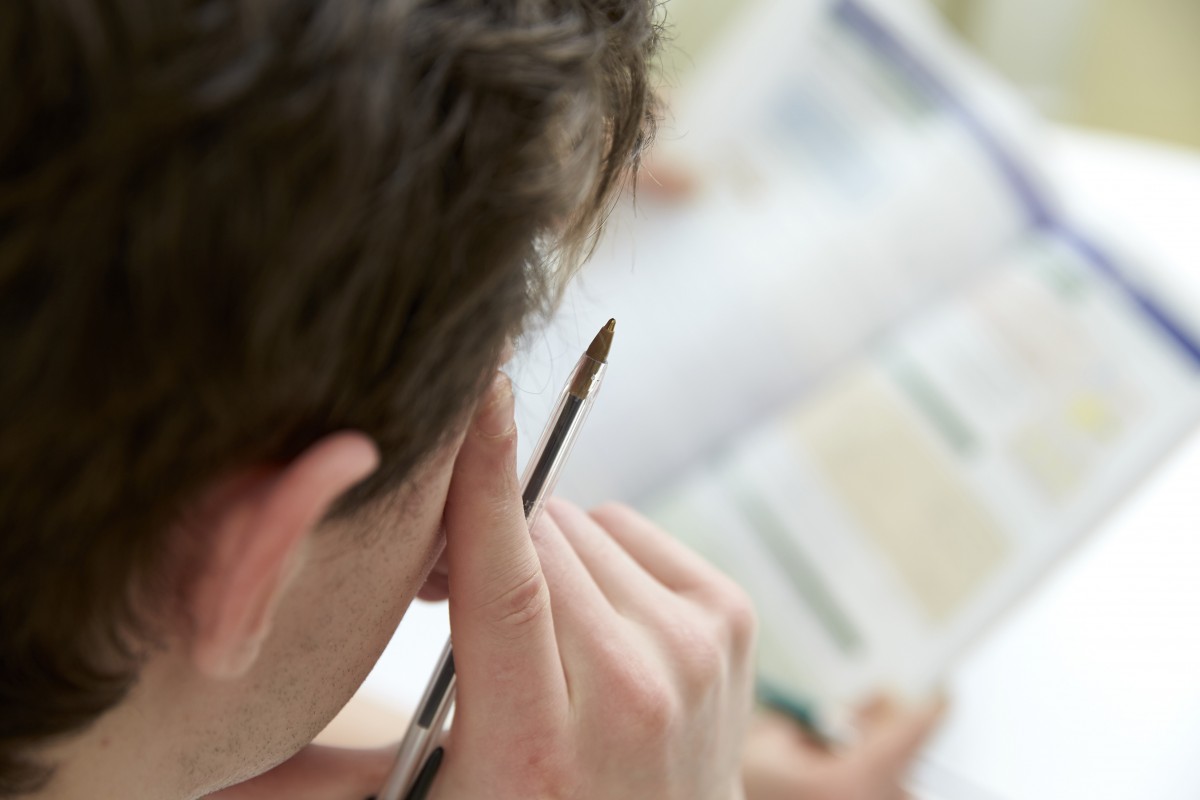
UHB Charity has also funded ‘Grab Bags’ for each patient at YPU. Containing toiletries to console cables and coffee vouchers, the bags are designed to be welcoming and calming to the patients coming to be treated on the unit. Alongside this, the Charity, with your support, funds DVDs, Xbox games, a music teacher and a weekly ‘Pizza Night’ for teenagers with cancer.
Toys for children with cancer
Children being treated for cancer come from all over the Midlands to the Queen Elizabeth Hospital Birmingham for radiotherapy treatment.
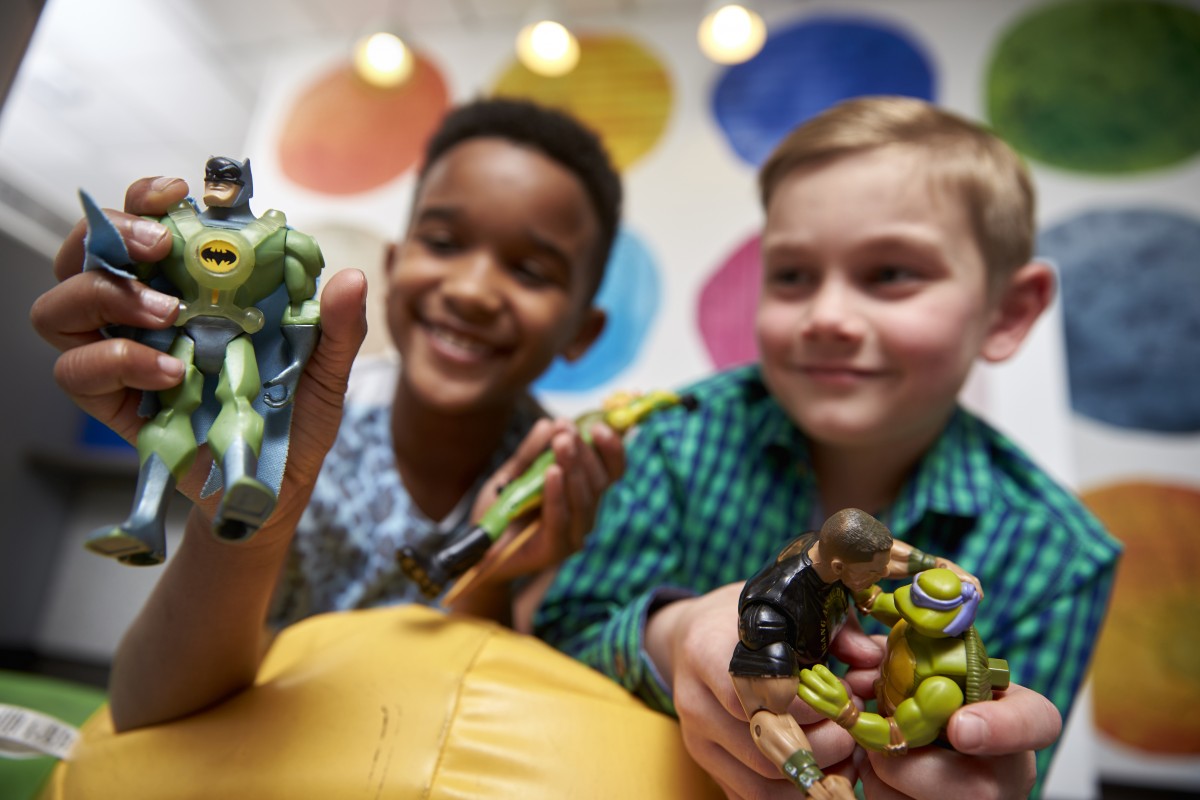
Radiotherapy is a gruelling six-week long course of treatment. For each treatment, children are placed under anaesthetic in order to ensure that they do not move. This means that the young patients often awake disorientated and frightened.
Due to this, UHB Charity raises money to buy each child receiving radiotherapy at QEHB a toy for when they complete their treatment, and each child is also given a special blanket to keep with them during their stay in hospital. The Paediatric Radiotherapy waiting room has also been transformed to become more child-friendly, thanks to your support.
Research grants
With your donations we are also able to provide research grants to staff working at the Queen Elizabeth Hospital Birmingham allowing them to carry out vital investigative research into any field of medicine carried out at the hospitals, which could lead to finding new or more effective treatments for a number of illnesses.
As well as research grants, we provide grants for medical staff to go to courses regarding various conditions.
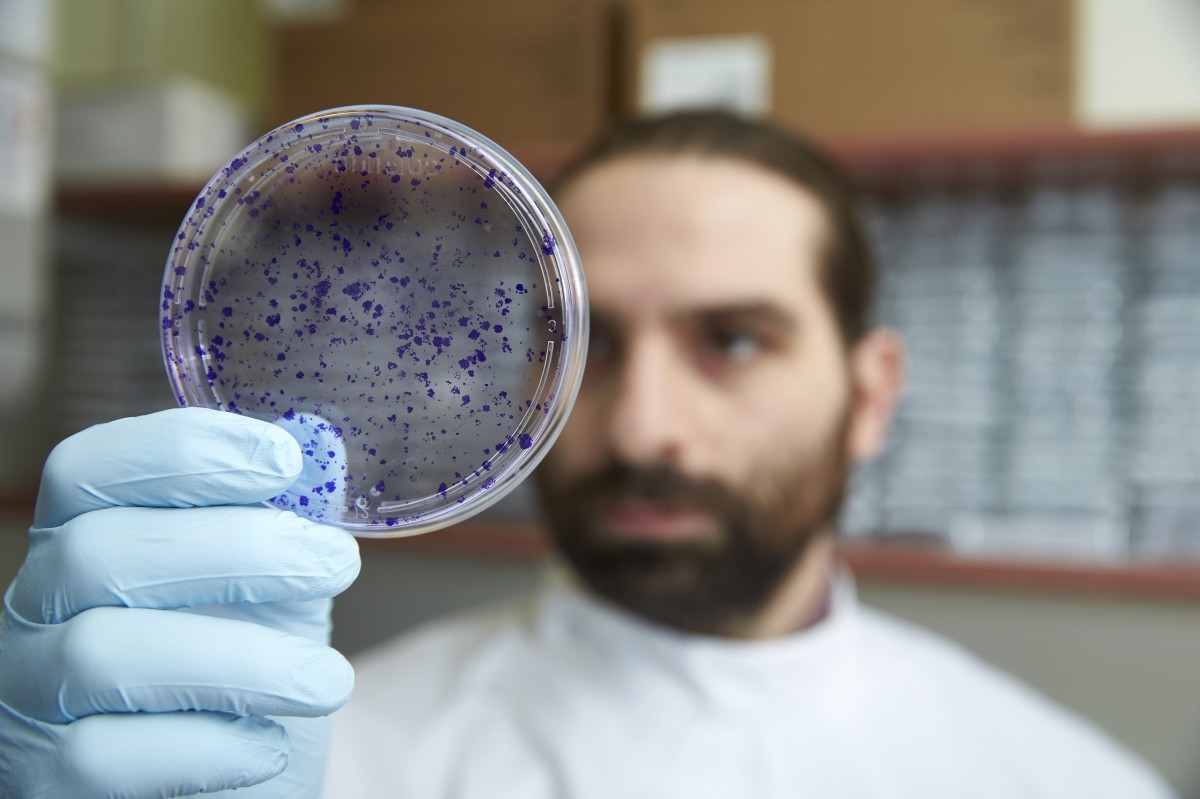
Research fellows
Medical research is essential for developing new treatments and improving patient outcomes such as quality of life and survival.
The newly-opened Institute of Translational Medicine (ITM) on the site of the QE focuses in particular on helping new laboratory research get as quickly as possible from the lab to the clinic.
Applying for a research grant is a difficult and time-consuming process which doctors usually have to complete in their ‘spare’ time, alongside their full-time clinical work. At the ITM, UHB Charity has now funded five ‘starter fellowships’, which allow junior doctors to spend a year conducting pilot research so they can apply for more long-term funding.
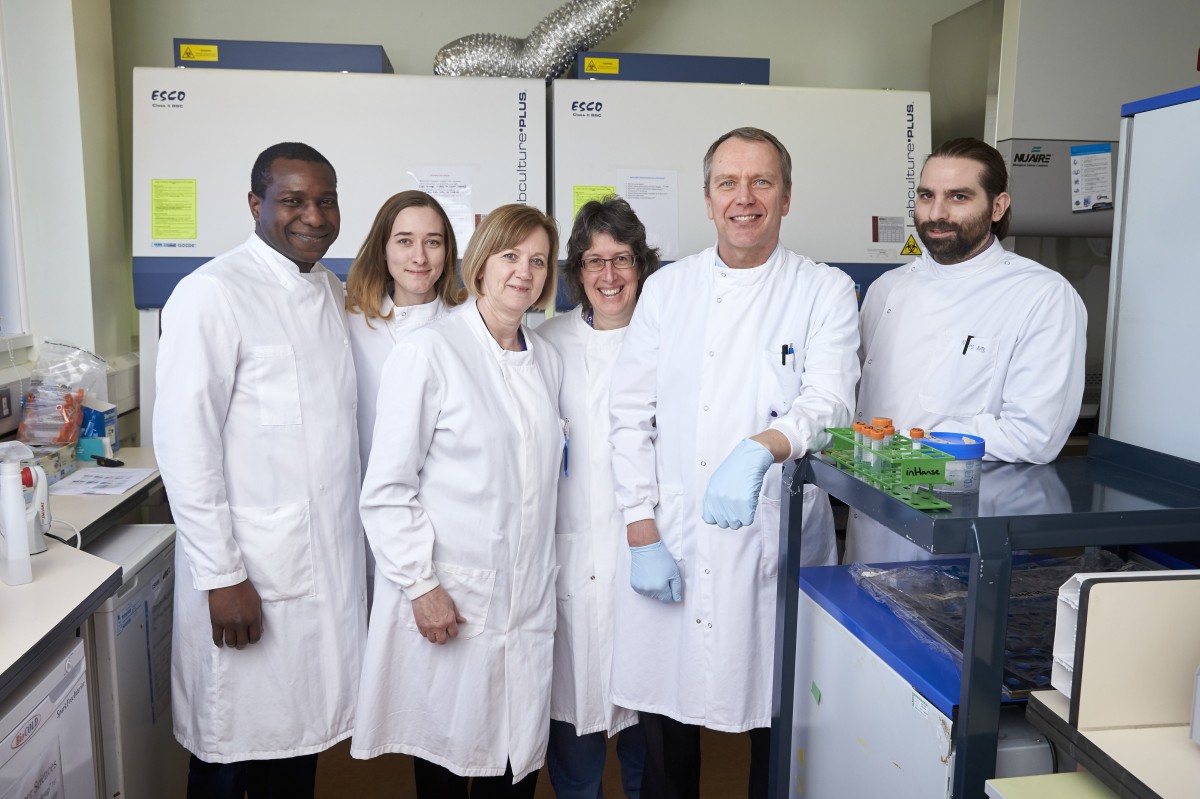
The fellows are able to concentrate much more time on the research they want to carry out than they would otherwise be able to, and during their fellowships have full access to education facilities at the University of Birmingham, University Hospitals Birmingham NHS Foundation Trust (UHB) and Birmingham Children’s Hospital NHS Foundation Trust (BCH).
Aside from their own research, fellows also teach medical students, undertake medical cover work at the Wellcome Trust Clinical Research Facility, and continue with a varied amount of clinical work to ensure they stay up to date.
This is just one example of a growing number of research fellows UHB Charity is able to support, thanks to your help.
Cancer drugs trial
UHB Charity has launched a £1 million pound appeal, with cancer charity Get-A-Head and the University of Birmingham, to fund a new programme giving cancer patients access to new drugs quicker than anywhere else in the country.
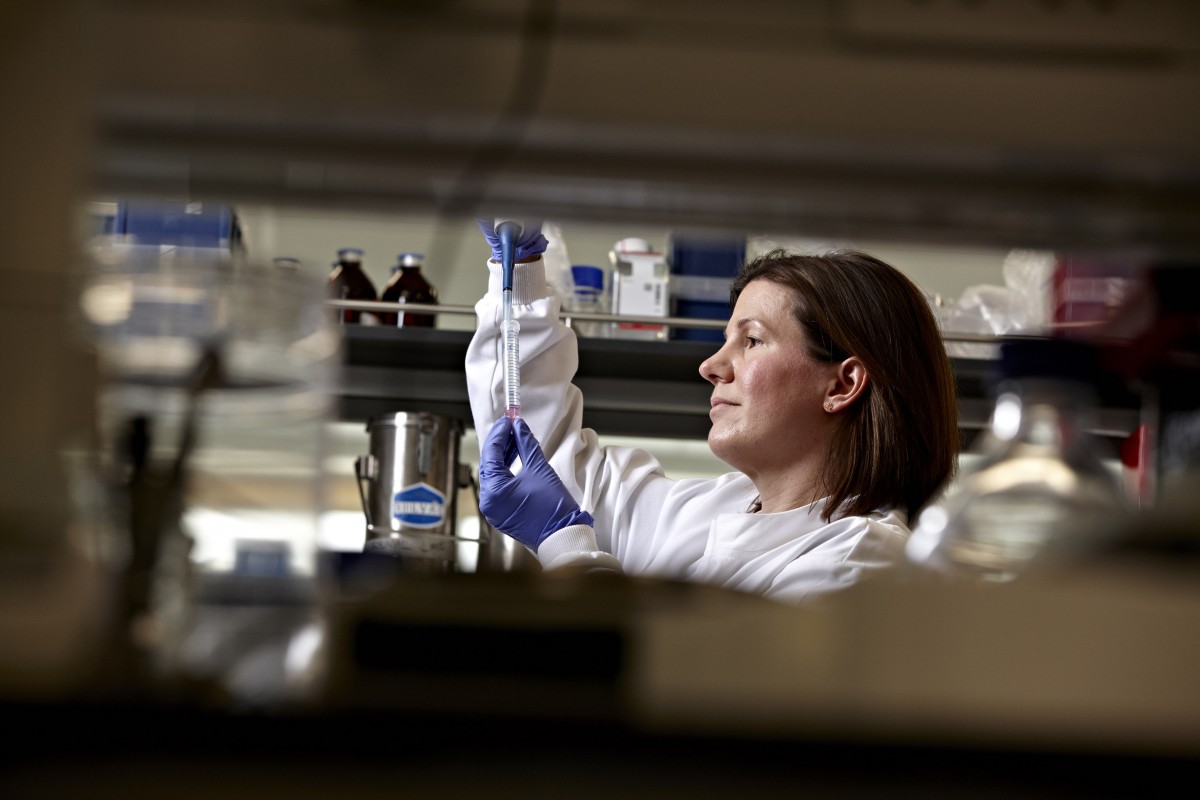
Drugs trials through pharmaceutical companies can take up to ten years before they reach patients. By working with a team at the Institute of Head and Neck Studies and Education, led by Professor Hisham Mehanna, Chair of Head and Neck Surgery, patients at the Queen Elizabeth Hospital Birmingham could receive new treatments after as little as twelve months.
Professor Hisham Mehanna explained: “Cancer is indiscriminate. It affects people of all ages and all races and indirectly, the patient’s loved ones. This appeal is about speeding up treatment by matching existing drugs, which have already been approved in other conditions like arthritis, to cancers where they have not been tried before.
“Everyday drugs could help fight cancer – we just need to test them out, which is why we need your support.
“Please help us raise the £1 million we need to match existing drugs, which have already been approved in other conditions such as arthritis, to cancers where they have not been tried before.”
If everyday drugs do have an effect on cancer cells, they will be cheap to produce and easy to supply, enabling patients to receive them quicker.
CIIC
CIIC brings together a team of scientists from the University of Birmingham and cancer doctors from the Queen Elizabeth Hospital Birmingham, as they join forces to harness the power of the immune system in fighting cancer.
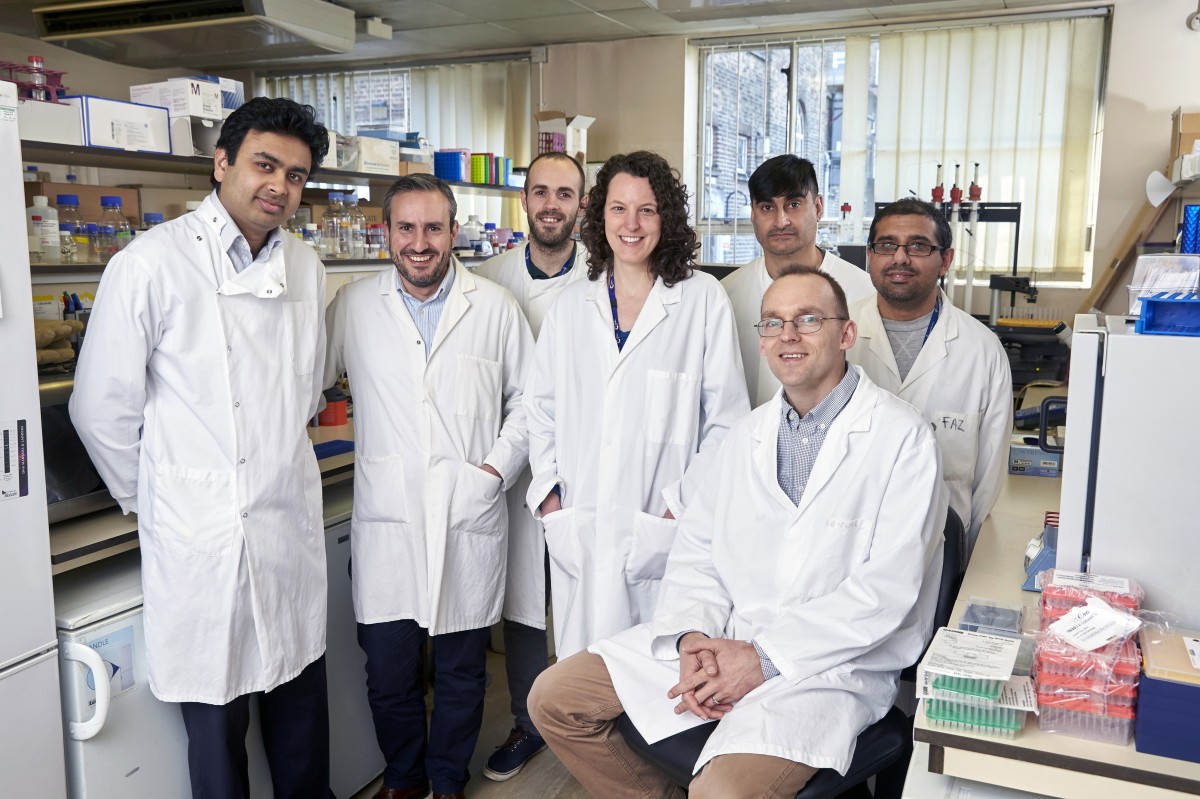
The Cancer Immunology Immunotherapy Centre (CIIC), which is funded by UHB Charity, is directed by Ben Willcox, Professor of Molecular Immunology at the School of Cancer Sciences.
He explained: “Some of the strategies we are focusing on include ‘engineering’ immune cells to attack cancer cells better, and ‘arming’ antibodies to make them generate stronger immune responses against the tumour.
“To develop these new and exciting approaches, we need your help to fund critical research. Any money you can give will make a huge difference to the CIIC grouping.”
For more information about CIIC research, please visit www.ciic.org.uk.
Incubators
With the support of generous fundraisers and donors, UHB Charity has successfully completed the £150,000 appeal to fund seven brand new state-of-the-art incubators for the Neonatal Units at Heartlands and Good Hope Hospital. These incubators will help to ensure the Neonatal Units can provide the very best care for the smallest patients at the hospital.
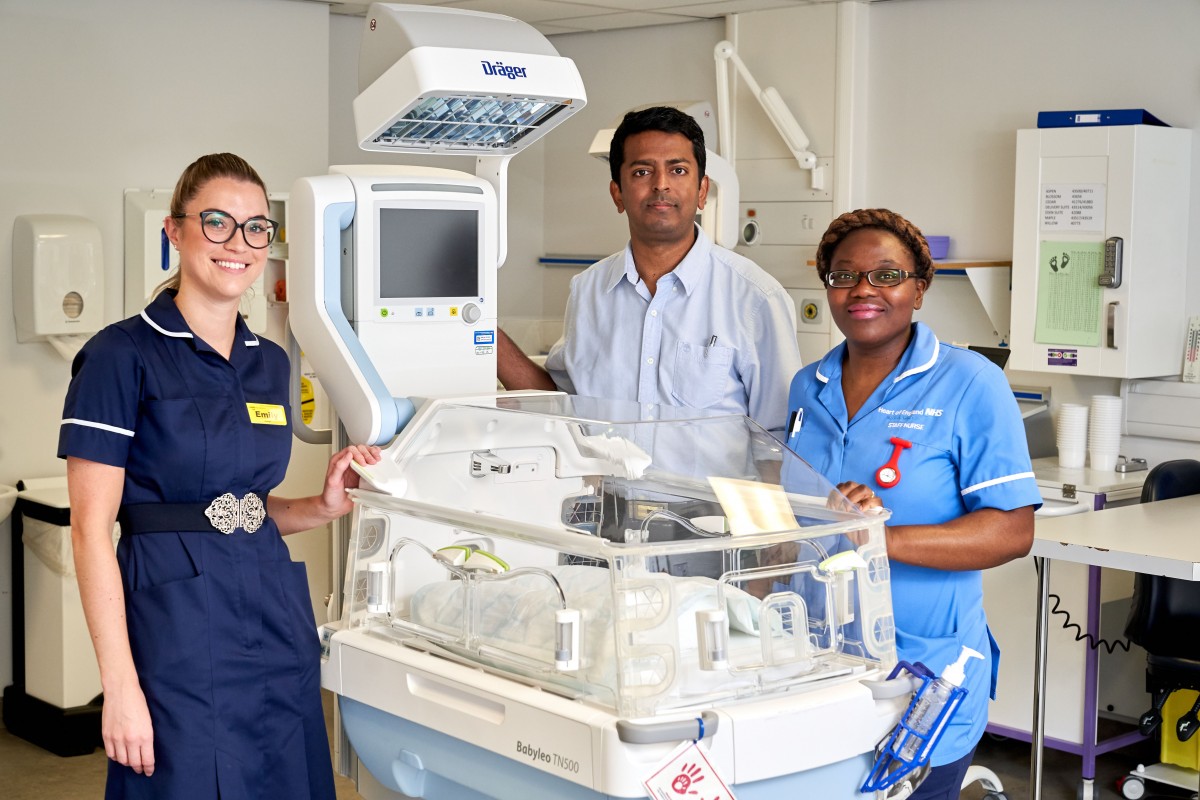
Each year, 11,000 babies are born at Heartlands Hospital and Good Hope Hospital, and over 800 of these babies will require the support of the Neonatal Unit. The unit provides care for newborn babies and offers a welcoming and friendly environment for parents and families in their time of need.
Some babies are born up to four months early, and can weigh as little as one pound. These tiny babies require intensive care and support and are cared for around the clock.
The new incubators include all of the equipment that the staff need to treat tiny babies, removing the stress of moving them from bed to bed in such a critical environment. The incubators will also allow much easier access to the baby for the nurses and mothers, without causing any heat loss. They will also be able to cool the baby, as some premature babies need specialist therapeutic hypothermia to reduce the likelihood of brain injury. Currently, babies who need this treatment have to be transferred to another hospital.
Good Hope Hospital Children's Outpatients Department
Thanks to the many generous donations that we received, we were able to complete a refurbishment at the Good Hope Children's Outpatients Department. The department has now completely transformed into a more child-friendly, calm, colourful and enjoyable area.
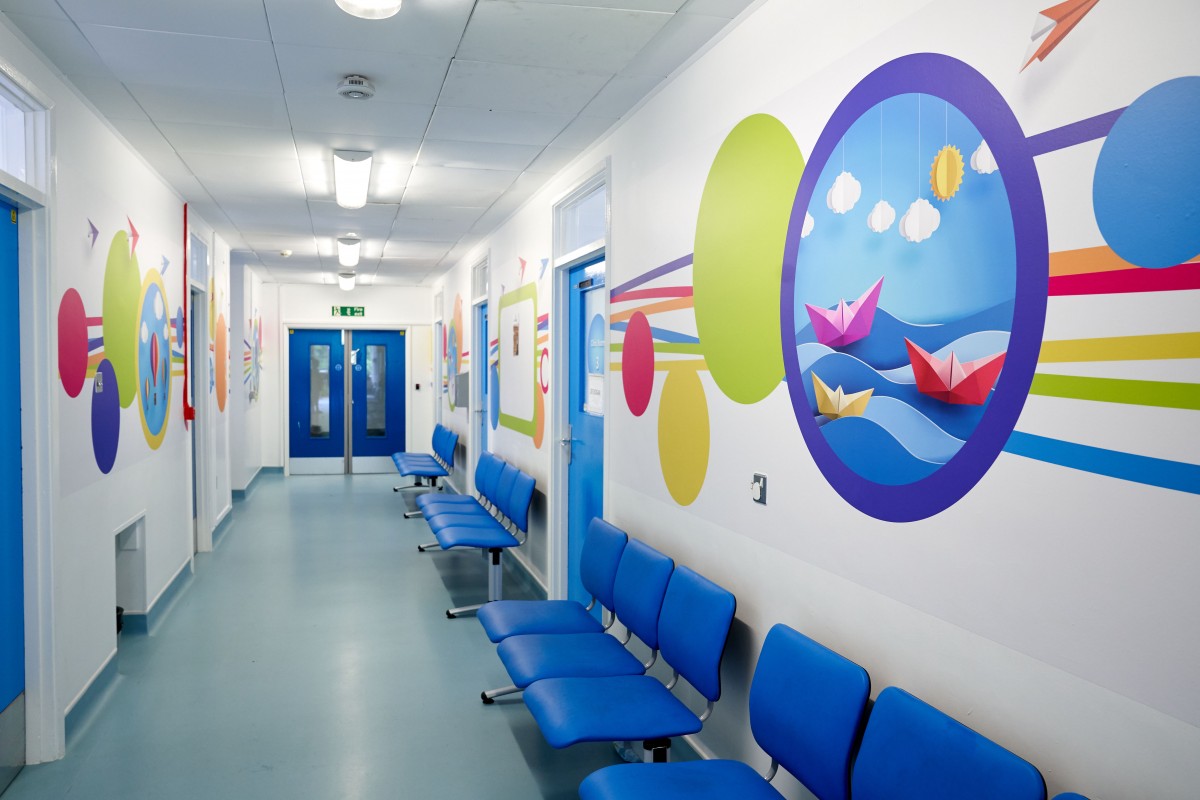
Melanie Stanyer, Paediatric Clinic Clerk at Good Hope Hospital’s Children’s Outpatients Department, said: “The new department is so incredible and beautiful. Even the design and the wall art is making a huge difference to the patients who are treated here, the brightness really does make them feel less weary and anxious about being in hospital. Children are now able to play with a range of toys including iPads, a floor projector and books that help keep them occupied whilst waiting for their appointments, and the staff love the new department, it’s such a nice environment to work in.”
Solihull Haematology and Oncology Day Unit
Thanks to the incredible support of UHB Charity's kind fundraisers, the new Haematology and Oncology Day Unit has opened at Solihull Hospital following a successful £150,000 fundraising appeal.
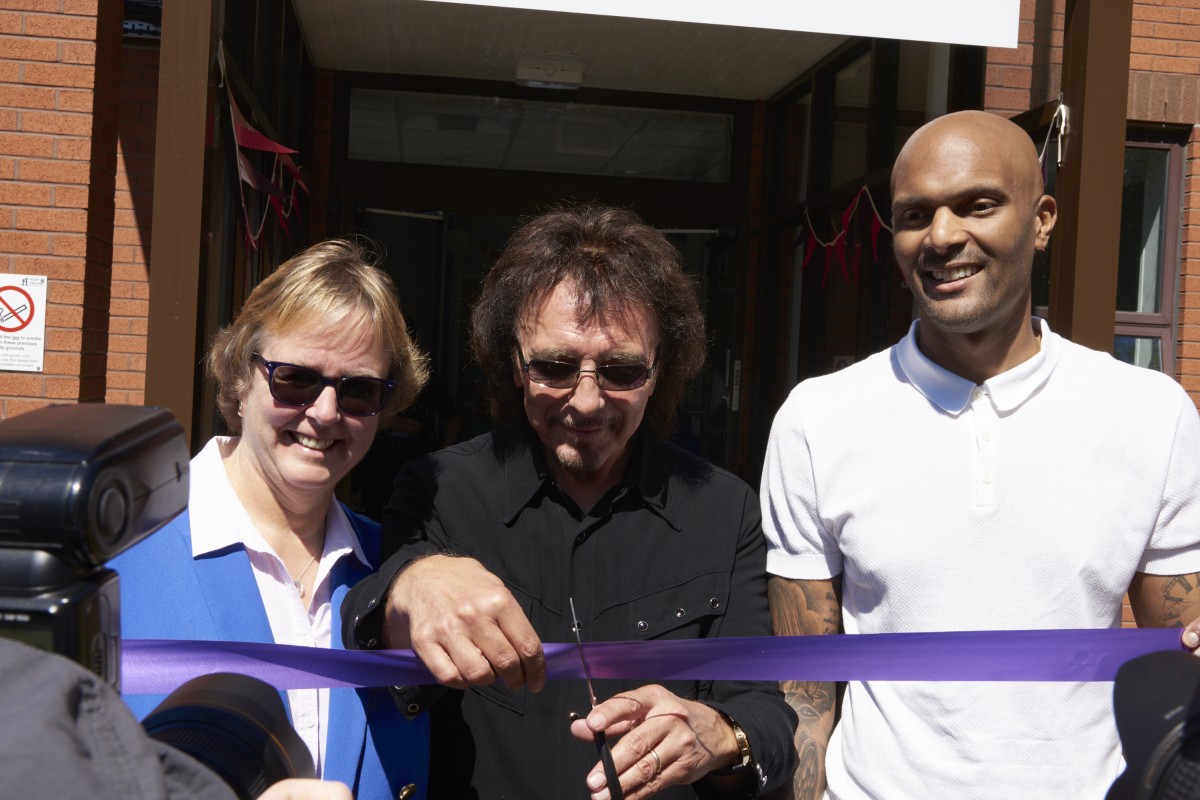
The new centre was officially opened by Dame Julie Moore, Chief Executive of University Hospitals Birmingham NHS Foundation Trust, Black Sabbath legend and Ward 19 Patron Tony Iommi, and Wolverhampton Wanderers goalkeeper Carl Ikeme.
The new unit has been designed specifically with patient needs in mind and will offer a more peaceful and comfortable environment for patients to receive chemotherapy. The unit has its own entrance and garden area, offering patients privacy and peace whilst they receive their treatment.
Before the new unit opened, most chemotherapy patients were treated on Ward 19 at Heartlands Hospital or at the Sheldon Unit at Good Hope. Recent years have seen a greater need for chemotherapy treatment at Heartlands and the new unit will ease pressure on Ward 19.
Children's Garden at Heartlands Hospital
The hospital charity was able to bring a new children's garden to Heartlands Hospital following a successful fundraising appeal. The garden is fully-accessible and will allow poorly young inpatients at the hospital to enjoy some time outside, whether to play or simply to sit and rest.
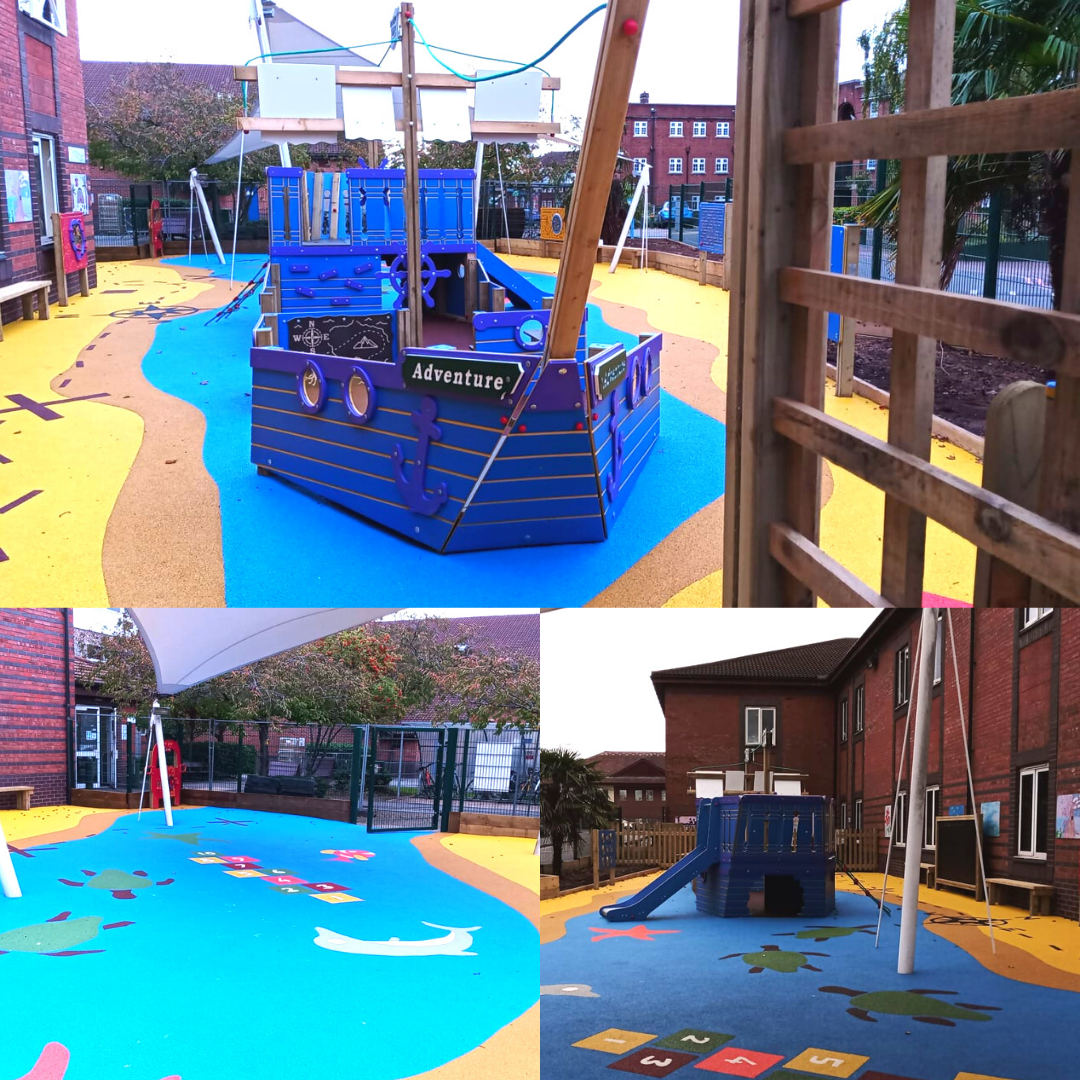
Being right next to the Children's Wards, very poorly children will be able to access the garden in their beds, enabling them to be outside and enjoy the fresh air. The pirate ship gives a quiet space for children to sit, and they can even chat to their nurses and doctors outside, in an area where they might be happier to open up.
The garden was only made possible thanks to your generous donations, and is part of the Charity's wider aims to transform the children's departments across its hospitals.

